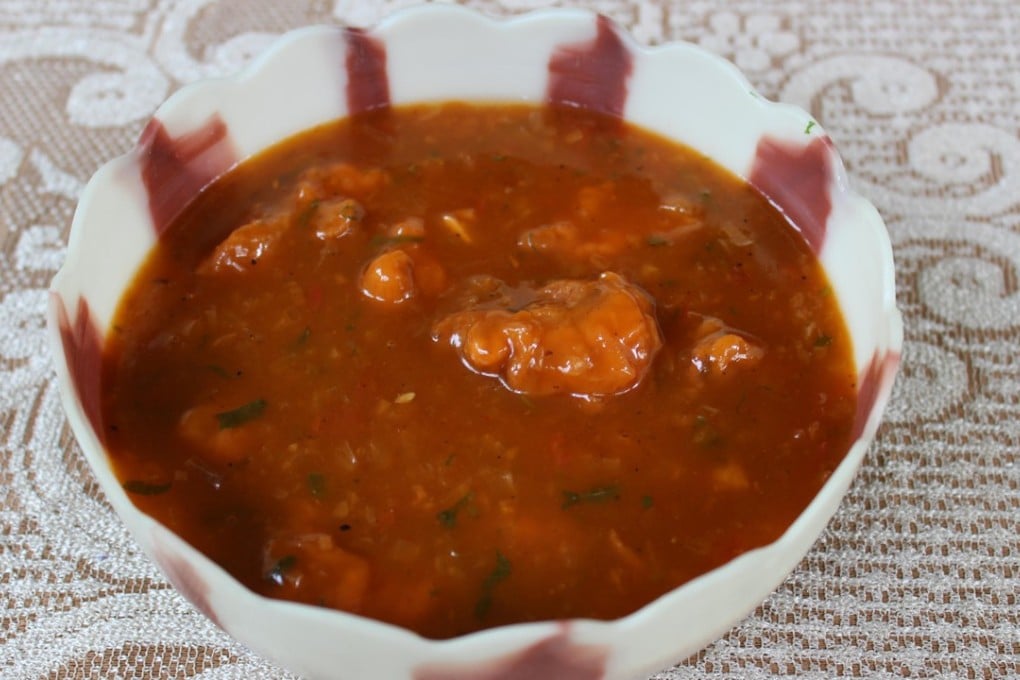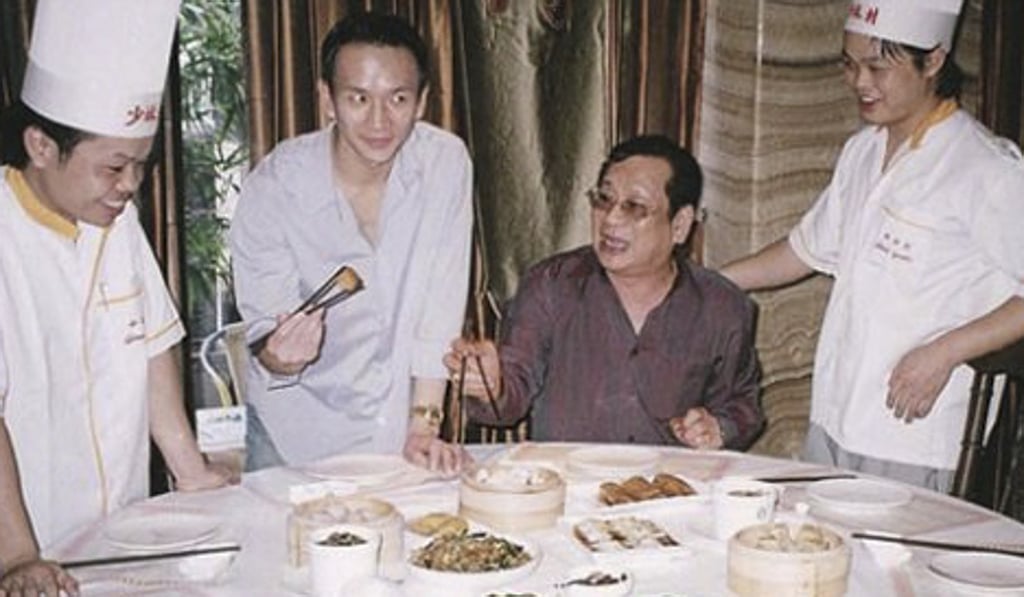How chicken Manchurian found its place in Indian cuisine
The dish is believed to have been created in Mumbai by Nelson Wang, a third-generation Chinese chef born in Calcutta

It’s often difficult to trace the precise origins of a dish, but there is little dispute that chicken Manchurian was created by Nelson Wang, a third-generation Chinese chef born in Calcutta, India.
Chicken Manchurian is a dish of diced chicken fried with a thick sauce of ginger, garlic and green chillies – an essential combination in Bengali cuisine – together with soy sauce and corn starch, and sometimes vinegar and ketchup. Wang invented the dish while chef at the Cricket Club of India, in Mumbai, where he gained quite a following. In 1983, he opened his own restaurant, China Garden, which is now a chain with outlets throughout India and Nepal.

It’s unclear why Wang’s spicy, gravy-like brown sauce was named after that particular region of northeast Asia, but from the dish came a soup called Manchow, the name of which would appear to be an approximate transliteration of the Cantonese or Putonghua pronunciation of Manchuria (moon zau and man zhou, respectively). The soup is basically a watered down version of the sauce, usually featuring sliced vegetables, and also thickened with corn starch.
In the book Encyclopedia of Diasporas, Ellen Oxfeld, author of a chapter titled “Chinese in India”, writes, “Chinese settlement in India dates back to the 18th century, when a Chinese sailor, referred to as Atchew or Acchi in English and as Yang Dazhao in Chinese, arrived by ship from Guangdong Province, China, to Calcutta in the 1770s.” Acchi had a sugarcane plantation near Calcutta, and brought in more of his countrymen to work it. The area is known as Achipur to this day.
